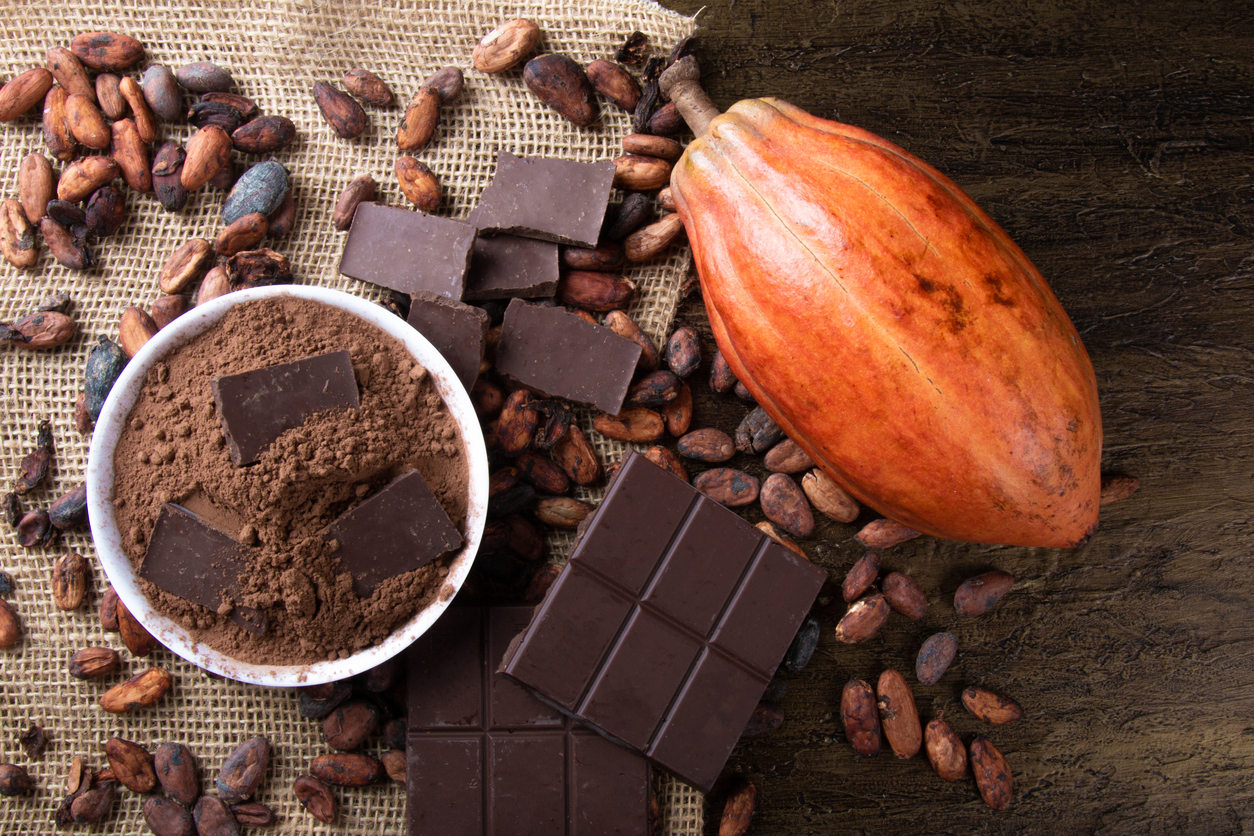From Bean to Bar: Step-by-Step Process of Buying and Exporting Cocoa Beans from Jamaica through Wigmore Trading
From Bean to Bar: Step-by-Step Process of Buying and Exporting Cocoa Beans from Jamaica through Wigmore Trading
Have you ever wondered how that decadent, melt-in-your-mouth chocolate bar came to be? It all begins with the humble cocoa bean, and today we’re taking you on a fascinating journey from bean to bar. Join us as we explore the step-by-step process of buying and exporting cocoa beans from the picturesque island of Jamaica through Wigmore Trading. Get ready to uncover the secrets behind your favorite guilty pleasure, learn about sustainable sourcing practices, and discover why Jamaican cocoa is truly a treat for both your taste buds and conscience. Let’s dive into this delicious adventure together!
Introduction to Wigmore Trading and Cocoa Beans
Wigmore Trading is a family-run business that has been exporting cocoa beans from Jamaica for over 50 years. We are the leading supplier of Jamaican cocoa beans, and our beans are used by some of the world’s most prestigious chocolate makers. We are committed to sustainable and ethical cocoa bean production, and our beans are grown on small farms in the Jamaican countryside.
The process of buying and exporting cocoa beans from Jamaica through Wigmore Trading is simple and straightforward. We work with farmers to purchase their cocoa beans, and then we export the beans to our customers around the world. We have a wide network of customers, including some of the world’s biggest chocolate manufacturers.
If you’re interested in purchasing Jamaican cocoa beans, please contact us today. We would be happy to provide you with more information about our products and services.
Step 1: Selecting the Right Variety of Cocoa Beans
There are many different types of cocoa beans, and the variety that you choose will have a big impact on the flavor of your chocolate. The three main types of cocoa beans are Forastero, Criollo, and Trinitario.
Forastero beans are the most common type of cocoa bean, accounting for about 80% of the world’s production. They are relatively easy to grow and produce a chocolate with a strong, bitter flavor.
Criollo beans are much rarer, only making up about 5% of the world’s cocoa bean production. They are more delicate to grow and have a more complex flavor than Forastero beans.
Trinitario beans are a hybrid of Forastero and Criollo beans and make up about 15% of the world’s cocoa bean production. They have a flavor that is somewhere in between the two other types of beans.
When choosing the right variety of cocoa bean, it is important to think about what kind of flavor you want your chocolate to have. If you want a strong, bitter flavor, then Forastero beans are a good choice. If you want a more complex flavor, then Criollo beans are a good choice. And if you want something in between, then Trinitario beans are a good choice.
Step 2: Choosing a Reliable Supplier
Choosing a reliable supplier is critical to the success of your cocoa bean operation. There are a few factors to consider when selecting a supplier, such as price, quality, and reputation.
Price is always an important consideration, but it’s especially important when dealing with commodities like cocoa beans. The market for cocoa beans can be volatile, so you need to make sure you’re getting the best possible price from your supplier.
Quality is also vital. You want to make sure you’re getting high-quality beans that will produce great chocolate. To ensure quality, visit the farms or processing facilities of potential suppliers and ask lots of questions.
Reputation is another key factor to consider. You want to work with a supplier who has a good reputation in the industry and is known for providing quality products and services. Ask around and do your research to find out which suppliers have the best reputations.
Step 3: Negotiating Terms and Price
In order to buy cocoa beans from Jamaica, you need to negotiate the terms of the sale and agree on a price with the supplier. The price of cocoa beans can fluctuate based on market conditions, so it’s important to stay up-to-date on the current prices. Once you’ve agreed on a price, you’ll need to sign a contract with the supplier. This contract will specify the details of the sale, including the quantity of cocoa beans being purchased, the price per pound, and the delivery date.
Step 4: Quality Control and Quality Assurance Testing
After the cocoa beans have been harvested and fermented, they are ready for quality control and quality assurance testing. The first step in this process is to sort the beans by size and weight. The beans that are too small or too light are not suitable for export and will be rejected.
Next, the beans are roasted to bring out their flavor and aroma. The roasting process is carefully controlled to ensure that the beans are not overcooked or burnt. After roasting, the beans are cooled and ground into a fine powder.
The final step in quality control and quality assurance testing is a sensory analysis of the cocoa powder. This is done by trained professionals who evaluate the color, odor, flavor, and texture of the powder. Only cocoa powders that meet strict quality standards will be approved for export.
Step 5: Packaging and Shipping the Cocoa Beans
After the cocoa beans have been roasted and ground, they need to be packaged for shipping. The first step is to bag the cocoa in 60-70 kg bags. These bags are then placed on pallets and shrink-wrapped for protection. The pallets are then loaded onto trucks and shipped to the port.
At the port, the pallets are loaded onto containers and shipped to Wigmore Trading in New Jersey, USA. Once the shipment arrives, the cocoa beans are ready to be transformed into delicious chocolate!
Step 6: Exporting the Cocoa Beans
Once the cocoa beans have been roasted and ground, they need to be exported in order to be made into chocolate. The process of exporting cocoa beans is relatively simple and can be done through Wigmore Trading.
First, the buyer will need to sign a contract with Wigmore Trading. This contract will outline the terms of the sale, including the price per tonne and the quantity of cocoa beans that will be purchased.
Once the contract is signed, Wigmore Trading will arrange for the shipment of the cocoa beans. The buyer will need to provide a shipping address and contact information so that Wigmore Trading can coordinate with the shipper.
Once the cocoa beans have been shipped, they will typically arrive within 2-3 weeks. Once they arrive, the buyer can either begin making chocolate themselves or sell the cocoa beans to another company who will make chocolate from them.
Conclusion
Purchasing and exporting cocoa beans from Jamaica is a complicated process that requires careful consideration. Fortunately, Wigmore Trading has the experience and expertise to guide you through every step of the bean-to-bar process. With their help, you can be sure that your cocoa beans are sourced responsibly so that you can make high quality chocolate at an affordable price. Whether for personal use or commercial purposes, Wigmore Trading makes the buying and exporting of Jamaican cocoa beans easy and stress-free!








Comments are closed.